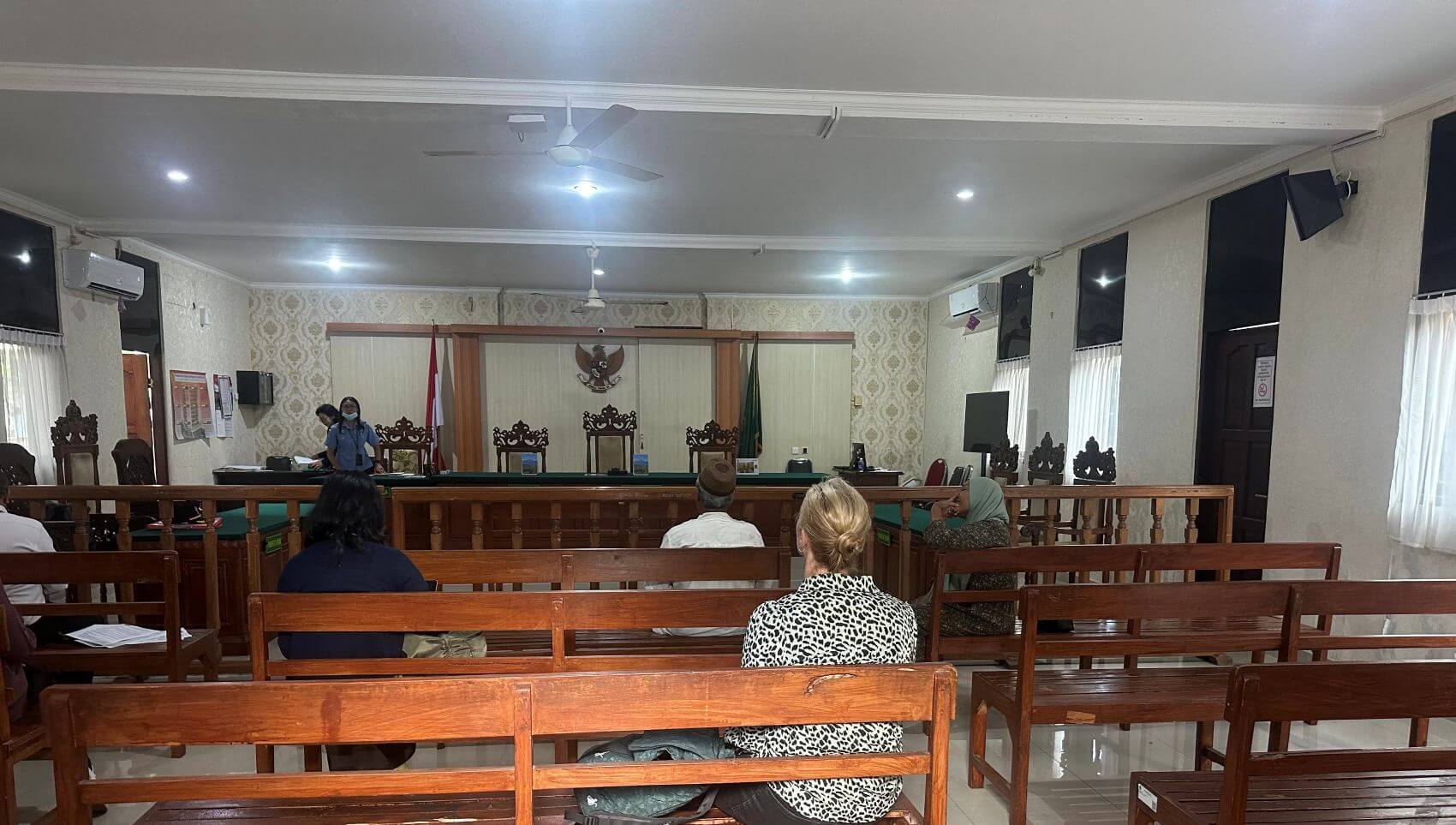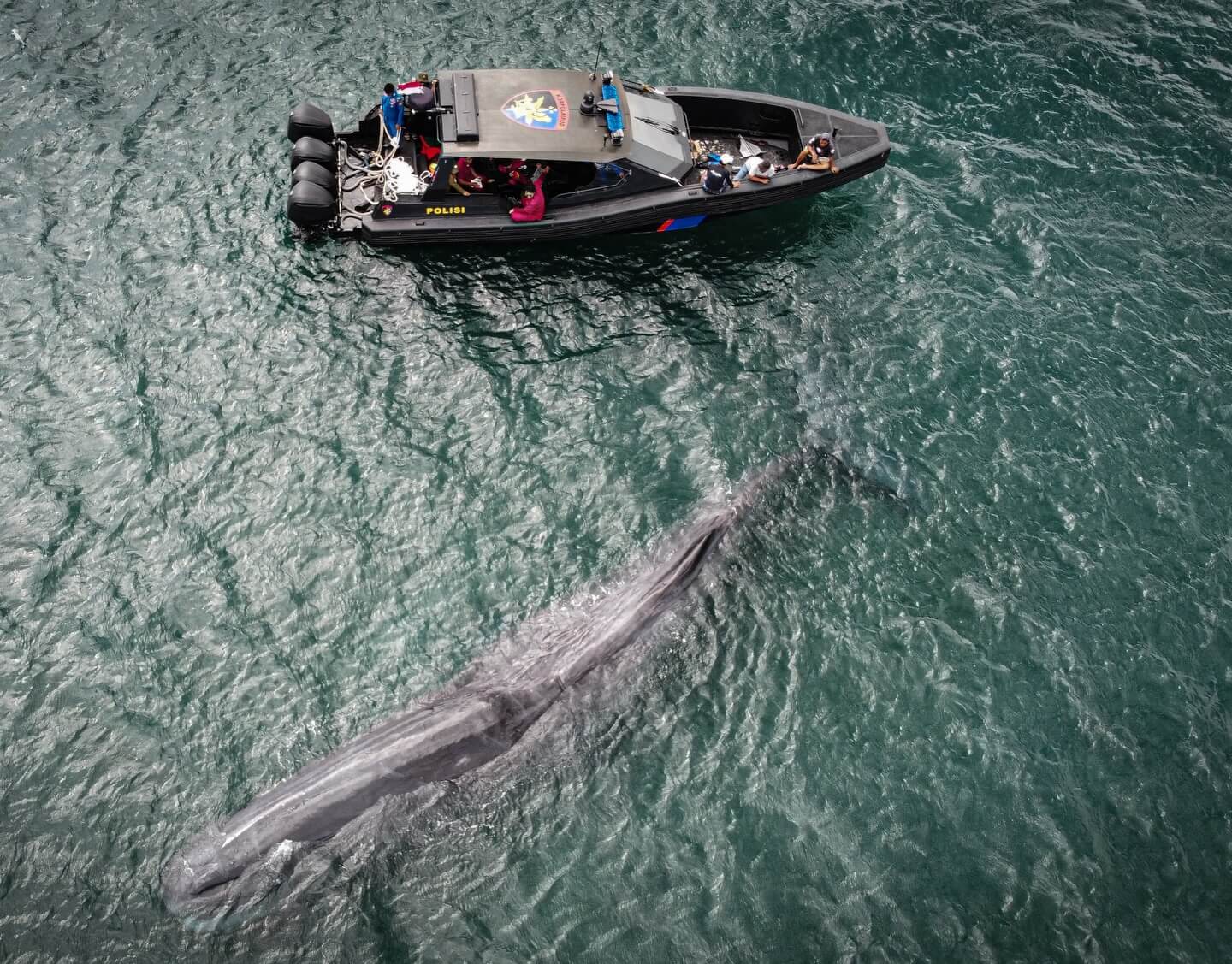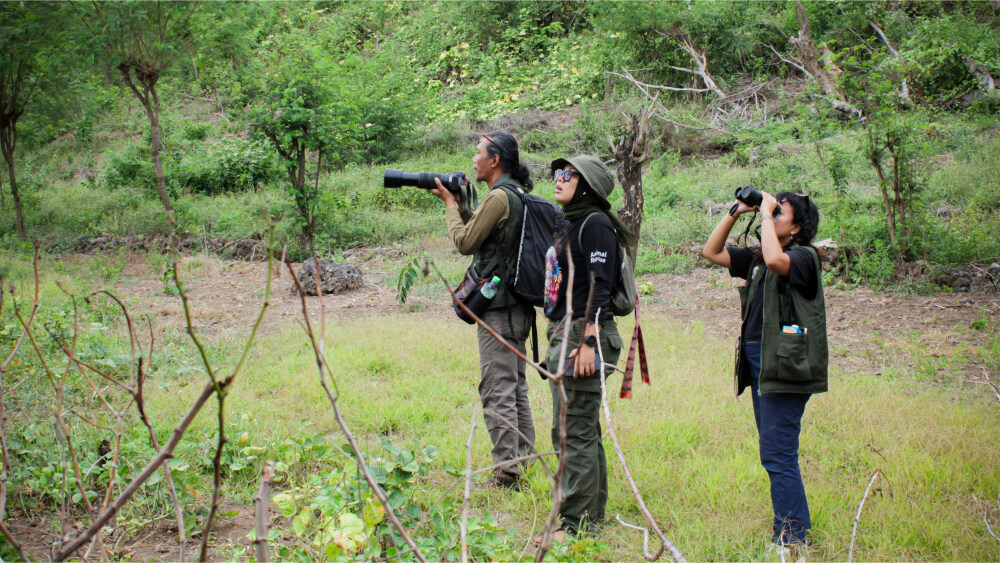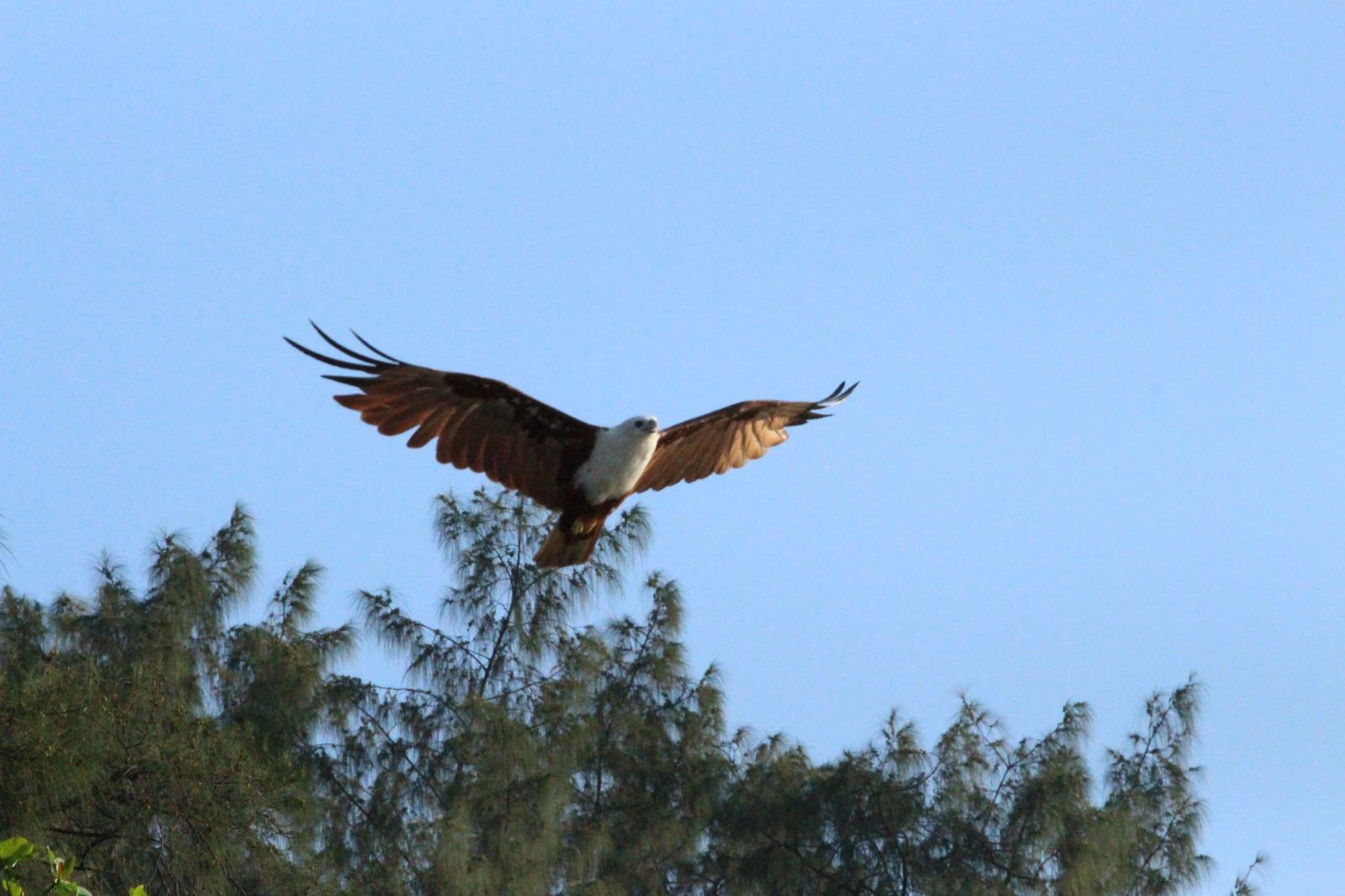History made in Bali: for the first time a macaque trader is sentenced
The case marks a major step against wildlife trafficking, highlighting the suffering caused to endangered macaques and reinforcing local efforts to enforce animal protection laws.

For the first time in Indonesia, a suspect identified as S (59) was sentenced by the Denpasar District Court Judge Gede Putra Astawa S.H.M.H to a fine of Rp 500,000 or seven days in prison for trafficking long-tailed macaques at the Satria Bird Market.
This result follows a legal report filed by JAAN Indonesia and Sintesia Animalia with law enforcement officials and with support from the Natural Resources Conservation Agency (BKSDA) and the Denpasar Public Order Police Unit (Satpol PP). The report was issued after a foreign tourist discovered yet another critically ill baby monkey (we named Satria after the rescue). The baby monkey is currently receiving intensive care at the Umah Lumba rehabilitation center, part of JAAN Indonesia.

The director and founder of JAAN Indonesia, Femke Den Haas, emphasized that the practice of wildlife trafficking is not only illegal but also causes suffering for the animals affected. "This is the result of years of struggle. Many monkeys are taken from outside Bali, such as Sumatra, to be sold in markets. Tourists often email us with complaints and they often end up buying a monkey to save them from their poor living conditions. Ironically, this empathy actually encourages traders to continue selling due to increase in demand. In 2022, we, along with the Bali Natural Resources Conservation Agency (BKSDA) and the Animal Husbandry Service, installed signs at Balinese animal markets that prohibite the primate trade. Then, in 2024, we conducted outreach activities with the Denpasar Public Order Agency (Satpol PP) and our partners at BKSDA Bali. However, because the suspect, who had previously promised to stop trading wild animals, continued his actions, in 2025 we decided to pursue legal action when hard evidence was gathered about the trade and suffering these monkeys endure," said Femke.
"The violation committed by the perpetrator falls under the category of animal abuse. This is in accordance with Article 28 paragraph (1), which states that everyone is prohibited from torturing animals or livestock." Wayan Anggara Bawa, from the Investigation and Criminal Investigation Unit of the Public Order Police Unit, added.
Veterinarian Farida Ulya presented in court the suffering and torture the long tailed macaques endure in this cruel trade. Satria, the last victim from the Balinese market, was near death when we received him for treatment at our center.
In accordance with the provisions of Article 42 paragraph (1), (2) of Bali Provincial Regulation No. 5 of 2023 concerning the Implementation of Public Order, Public Tranquility, and Community Protection, perpetrators of wildlife trafficking can be subject to a maximum criminal penalty of 3 (three) months in prison and/or a fine of up to IDR 50,000,000 (fifty million rupiah).

The long-tailed macaque (Macaca fascicularis), which is currently listed as 'Endangered' according to the IUCN Red List due to the rampant wildlife trade and the destruction of its natural habitat. The illegal capture and sale of this species not only disrupts its wild population but also accelerates the decline of biodiversity in Bali and the surrounding areas.
This landmark case sets an important precedent in the fight against wildlife trafficking in Indonesia. It sends a clear message that the illegal capture, trade, and abuse of wild animals will no longer be tolerated. Justice can and will be pursued for the victims of the wildlife trade!
Don't miss out!
Follow us on Instagram for weekly updates and sign-up up for our newsletter for quarterly updates!











